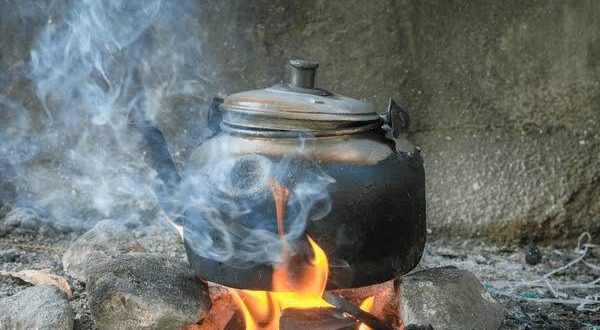The Federal Government has called on Nigerian women to transition from traditional cooking methods, such as firewood and charcoal, to clean energy solutions to improve their health, livelihoods, and the environment.
The Chairman of the Presidential Committee on Gas Transition, Professor Mohammed Ibrahim, emphasized the importance of adopting liquefied petroleum gas (LPG) and other sustainable cooking technologies.
He highlighted the health risks associated with traditional cooking practices, particularly for women and children, who are more vulnerable to respiratory diseases caused by prolonged exposure to harmful smoke.
Professor Ibrahim described clean cooking as a health and social justice issue, stating that Nigerian women, especially those in rural areas, deserve safer and more sustainable cooking methods to enhance their quality of life.
He further explained that transitioning to clean cooking would help reduce deforestation, improve air quality, and create economic opportunities for women in the clean energy sector.
The professor called for increased efforts to promote the adoption of clean cooking technologies and to educate Nigerians about their health, economic, and environmental benefits.
The Minister of Women Affairs, Imaan Sulaiman-Ibrahim, commended the committee’s commitment to clean energy initiatives and emphasized the vital role of women in achieving Nigeria’s energy transition goals.
She expressed the Ministry’s readiness to collaborate with the committee to ensure more women, especially in rural areas, benefit from clean cooking solutions.
“We are committed to supporting this agenda because it aligns directly with our mandate to improve the socio-economic and health conditions of Nigerian women. Providing access to clean cooking solutions is a critical step toward reducing energy poverty and empowering women across the country,” the Minister stated.
This initiative is part of the Federal Government’s broader strategy to enhance energy access, reduce poverty, and promote environmental sustainability while improving the well-being of Nigerian families.
 National Telescope national telescope newspaper
National Telescope national telescope newspaper



